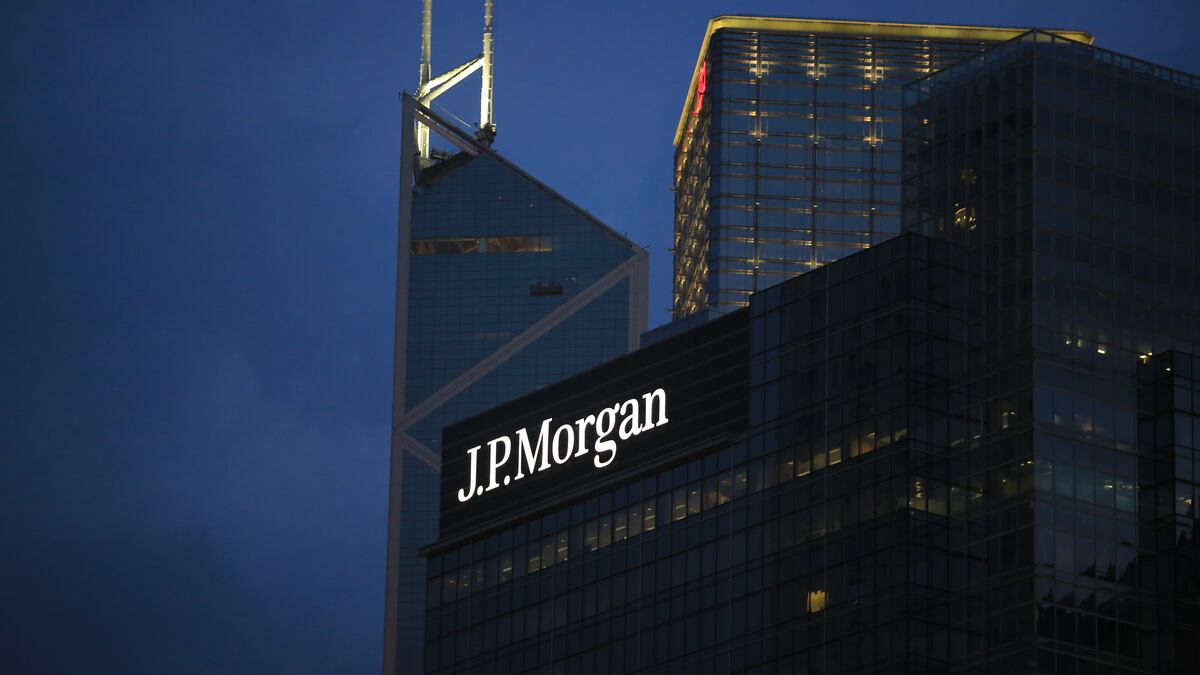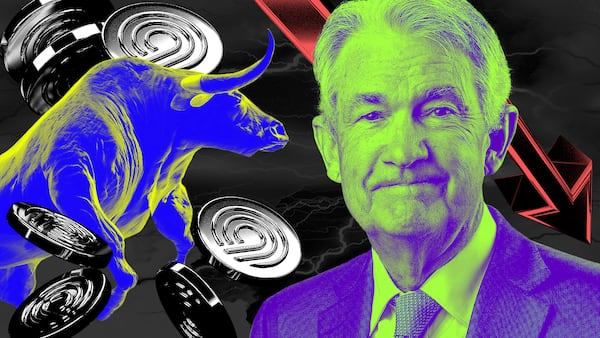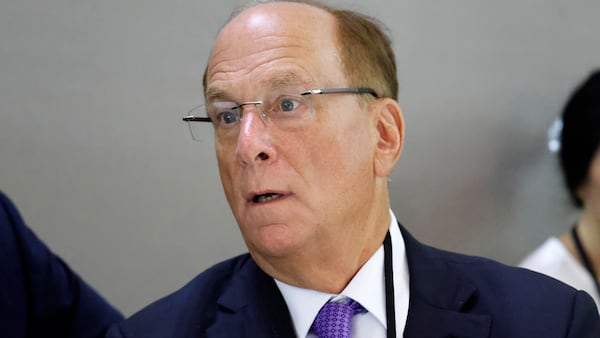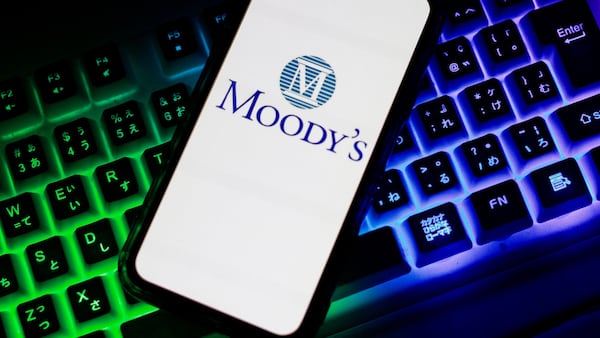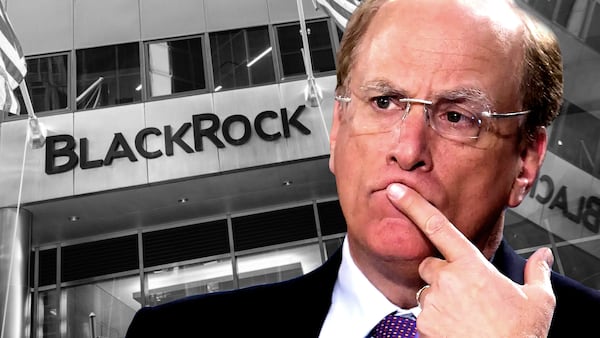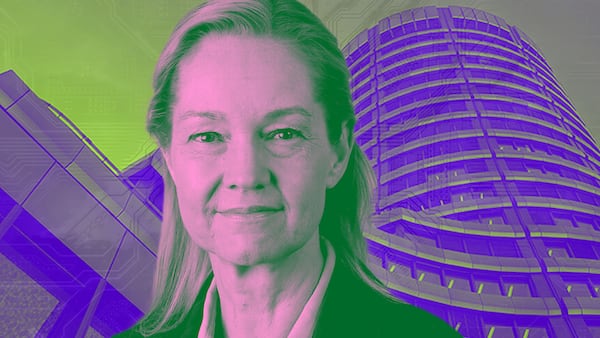- Public ledgers can’t be sued if a transfer goes wrong, says Onyx CEO Umar Farooq.
- The Bank for International Settlements advocates for regulated so-called unified ledgers as a global solution.
- Circle’s global policy chief Dante Disparte says unified ledgers could be a national security threat.
Public ledgers, like Ethereum or Bitcoin, are “not fit” for large transactions.
That’s according to Umar Farooq, CEO of JPMorgan Chase’s asset-tokenisation platform Onyx.
“What if something goes wrong? Who do I sue?” Farooq said at the Bank for International Settlements’ Innovation Summit in Basel, Switzerland, on Monday. “You can trust in code all you want, but there’s no code court.”
Ethereum and other public blockchains support millions of transactions per day. But the blockchains aren’t secure enough for high-value transactions carried out between banks and financial institutions, Farooq said.
“You need to get somewhere where people can do trusted transactions between financial institutions with some sort of accountability in the system,” he said.
Unified ledgers
The BIS advocates for a “new type of financial market infrastructure” it calls a unified ledger to link between central bank digital currencies, or CBDCs, digital assets, and tokenised bank deposits.
The so-called unified ledgers that connect platforms from central banks and other large financial institutions are “almost a necessity” to handle transactions worth millions or billions of dollars, Farooq said.
Farooq’s concerns come as Wall Street giants pile onto crypto assets, governments race to issue CBDCs, and financial institutions vie for a stake in the growing tokenisation of financial assets in the hopes of revamping the financial system.
Tokenisation refers to recording the right to an asset on a digital token on a blockchain.
Onyx speeds up short-term lending transactions by using smart contracts to tokenise cash and collateral. And its coin, JPM Coin, reportedly handles about $1 billion daily.
But without interoperability, the global ecosystem and its liquidity may be disjointed.
Unified ledgers “should be the world’s global layer for money movement,” Farooq said. “Otherwise, you just will always be … in silos.”
The concept is being developed by regulators and finance giants around the world to allow the exchange and settlement of tokenised central bank as well as commercial bank money on distributed ledgers.
National security
But unified ledgers and the like may not have accounted for hurdles that come to international relations and conflicts.
“The unified ledger conversation almost entirely ignores geopolitics,” Dante Disparte, chief strategy officer and head of global policy at stablecoin issuer, Circle, said at the BIS’ conference.
“You don’t weaponise a currency, you weaponise the rails on which currencies ride,” he said.
For instance, in 2022 the European Union imposed a ban on several Russian banks from the international banking payment network Swift in the wake of the war in Ukraine.
“The geopolitical reality in cross-border payments integration of this kind is often a line too far for national security interests, and that’s the unfortunate piece of the puzzle,” Disparate said.
Tokenisation networks
Work on unified ledgers continues. Last month, the BIS Innovation Hub launched a project dubbed Agorá that brings central banks together to integrate the financial system by tokenising its own money so that it can settle payments on blockchains.
The Bank of Korea said it would test a wholesale CBDC as a settlement asset for commercial bank tokenised deposits with the BIS.
Outside the BIS, finance leaders are developing other networks to create a ledger-based infrastructure that would enable quick cross-border payments and trading of tokenised assets.
An initiative called Global Layer One develops this goal with Singapore’s Monetary Authority, BNY Mellon, and JPMorgan among others.
And the Regulated Liability Network, made up of Citigroup, Wells Fargo, HSBC, and others, is working to provide immediate, onchain settlements.
Inbar Preiss is regulation correspondent at DL News. Email the author at inbar@dlnews.com
